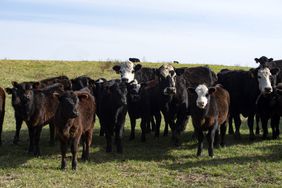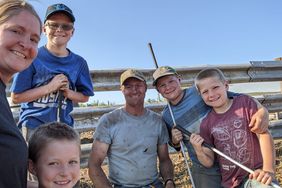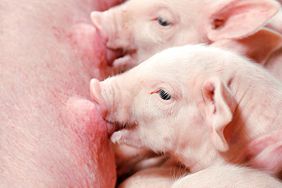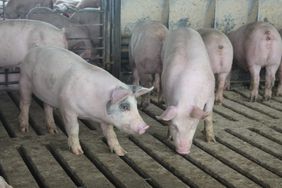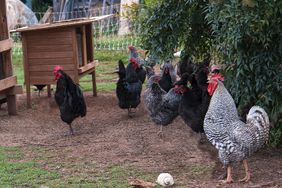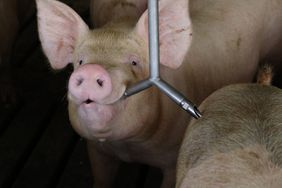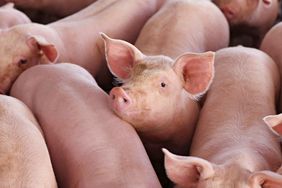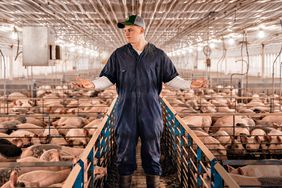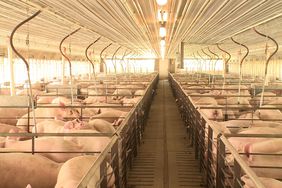:max_bytes(150000):strip_icc()/Nursery20pigs202-1-67440f6ebe2745a2ad15af4b9ffb41e0.jpg)
Veterinarians at Iowa State University are investigating the cause of an aggressive bacterial disease in swine that has spread across nine central Iowa production facilities. The disease, Actinobacillus pleuropneumoniae (APP), attacks a hog's respiratory system and can cause death shortly after symptoms occur.
The Iowa State researchers are sequencing the genome of the bacteria to determine how the disease spreads and are developing protocols for containing and minimizing the impact with pork producers and local veterinarians.
"It's a disease that, according to the textbook, shouldn't be very easily transmitted from one herd to another," says Derald Holtkamp, professor of veterinary diagnostic and production animal medicine. "But in this case, it's moved around a fair amount."
The ISU Veterinary Diagnostic Laboratory confirms between 70 and 80 cases of APP in a year, but cases like this, with increased mortality of up to 50% in herds, is unusual. The central Iowa outbreak is concentrated, with all affected production facilities in a 20-mile radius.
APP is treatable with an injection of antibiotics, but swine can die within hours of showing symptoms. Some symptoms of APP include fever, coughing, and open mouth breathing.
The data generated from the genome sequencing of this strain of APP will help researchers determine if this is a new strain of APP or if the disease has acquired new genes that have made it more virulent. The sequencing process will take approximately four more weeks to complete.
Until the data is finished, the veterinarians are working with producers to strengthen their biosecurity procedures to keep APP from spreading. They are also studying ways the disease may be able to spread, such as delivery schedules, rendering processes, animal transport, and equipment maintenance.
Holtkamp says that this bacterium has never been shown to pose a threat to humans, nor does it make pork unsafe to eat.

